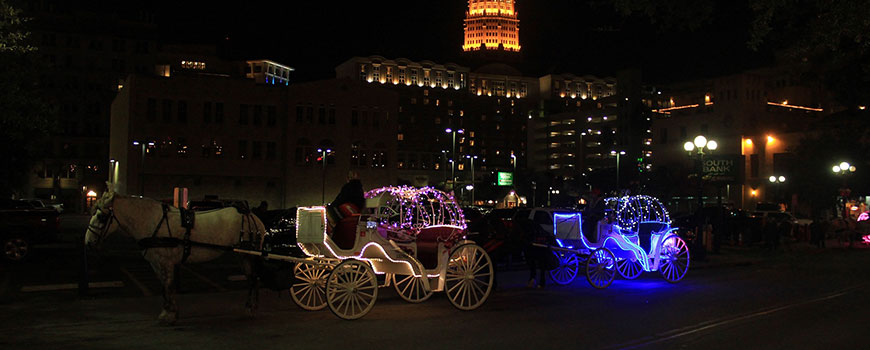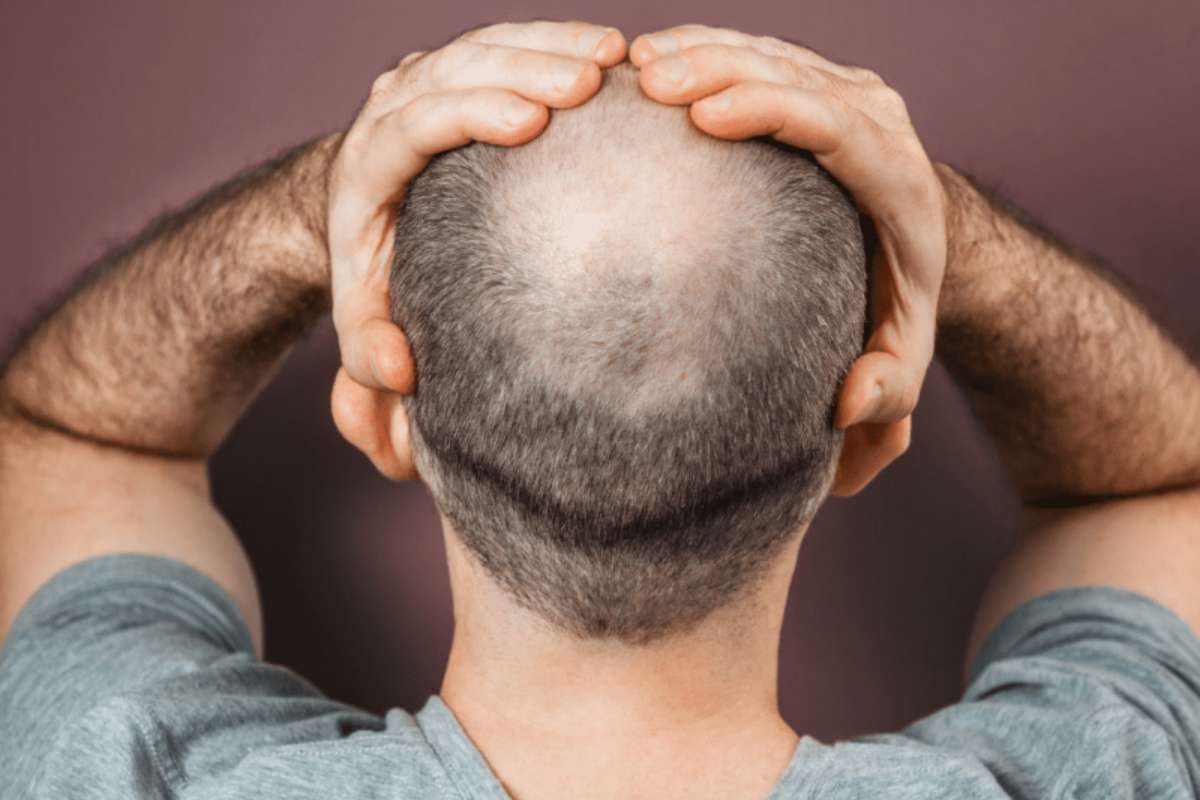In regards to hair loss, there’s little doubt the process is traumatic for men and women alike.
The question we’re exploring on today’s hair blog (and next week’s), however, is this: Who has the tougher time dealing with the realities of losing one’s hair? It’s a deceptively tricky question. Is it harder for men because they suffer from it the MOST? Or, is hair loss in women tougher because they AREN’T expected to lose their hair?
Let’s see how the argument plays out.
Pattern Balding in Men vs. Pattern Balding in Women
Eighty million people in the United States suffer from pattern baldness (usually characterized as “male” pattern baldness), which is scientifically designated as “Androgenic Alopecia.”
Of those 80 million people dealing with pattern hair loss, a full 40%—30 million people—are women. Yes, although you may have never heard the term, female pattern baldness is a very real problem.
What’s more, while 40% of men suffer from obvious hair loss by the time they reach age 35, almost as many women have noticeable hair loss by the time they reach age 40. Furthermore, a full 50% of all women suffer some degree of hair loss by the time they reach age 50.
Overall, about one in four women in the United States suffers from hair loss..
Why Don’t I See More Thinning Hair in Women?
You might be wondering, “If there is so much rampant hair loss in women out there, where are all the bald women? Why don’t I don’t see them everywhere, in much the same way I regularly see bald men?”
Admittedly, women with thinning hair don’t seem as obvious in day-to-day life as men suffering from the same problem. The most obvious reason is that women can hide it better. In general, women’s hair is longer; they can curl it, style it, add extensions or weaves, use make-up or powders or even wear a wig to camouflage the problem. While some men do elect to use camouflage sprays and powders, many employ the dreaded “comb-over,” or resort to a “hair system” (a.k.a. toupee). These are not openly discussed in the locker room and are often kept as “dirty secrets” of men suffering alone with hair loss.
Another interesting fact: What we see in the world usually reflects our own personal perspective and insecurities. If you are self-conscious about your cooked nose, your big ears, or your “spare tire” tummy, you probably notice all the perfect (or imperfect) noses, ears, and abs out there in the world. You aren’t paying attention to anyone’s hair. However, if you’re a man with hair loss, you’ve probably noticed others around you in the same situation, or you’ve seen more of your friends now sporting a shaved-head look. As a woman with hair loss, you may routinely see others out there like you; or maybe you’ve talked to your hairdresser, having watched others in the salon struggling to cover the same problem. Perspective is everything!
Hair Loss Statistics: Hair Loss in Women vs. Hair Loss in Men
One study found that 75% of men admitted to feeling far-less confident overall after losing significant amounts of hair. This was especially true in regards to their interactions with women—no surprises there.
Now consider this statistic: Many women likened losing their hair to losing a limb. That’s right: In a 2004 survey conducted by Upjohn (makers of Rogaine), 24% of the women said that losing their hair would be as traumatic as losing an arm, a leg, a foot, a hand, etc.
Courtney Hagen, the founder and president of Young Survival Coalition, an organization dedicated to supporting young women dealing with breast cancer, once remarked: “I had a double mastectomy, but I was more traumatized about losing my hair [from chemotherapy].”
No one would argue hair loss in women isn’t tough, but women don’t have to deal with the problem nearly as often as men.
Hair Loss in Women vs. Hair Loss in Men: The Verdict is Still Out
Next week, we’ll discuss more nuances of hair loss and how they manifest themselves between the two genders. We’ll touch on such topics as cultural norms and expectations, gender roles, and inherent genetic and physiological differences in the hair loss process between men and women. And we’ll work to provide an answer posed by this blog: Is hair loss tougher to deal with for men or women?
Conclusion
In the meantime, if you’re a man or woman suffering from thinning hair, the Limmer Hair Transplantation Clinic is here to help. We’ve worked with thousands of patients with thinning hair and we’d be thrilled to put our expertise to work for you. We’ll work with you to discover what’s causing your hair loss. Then we’ll review your options for hair restoration, explaining each in detail. Contact Limmer Hair Transplant Clinic today. Let’s get started helping you achieve an enhanced quality of life through a fuller head of hair.







